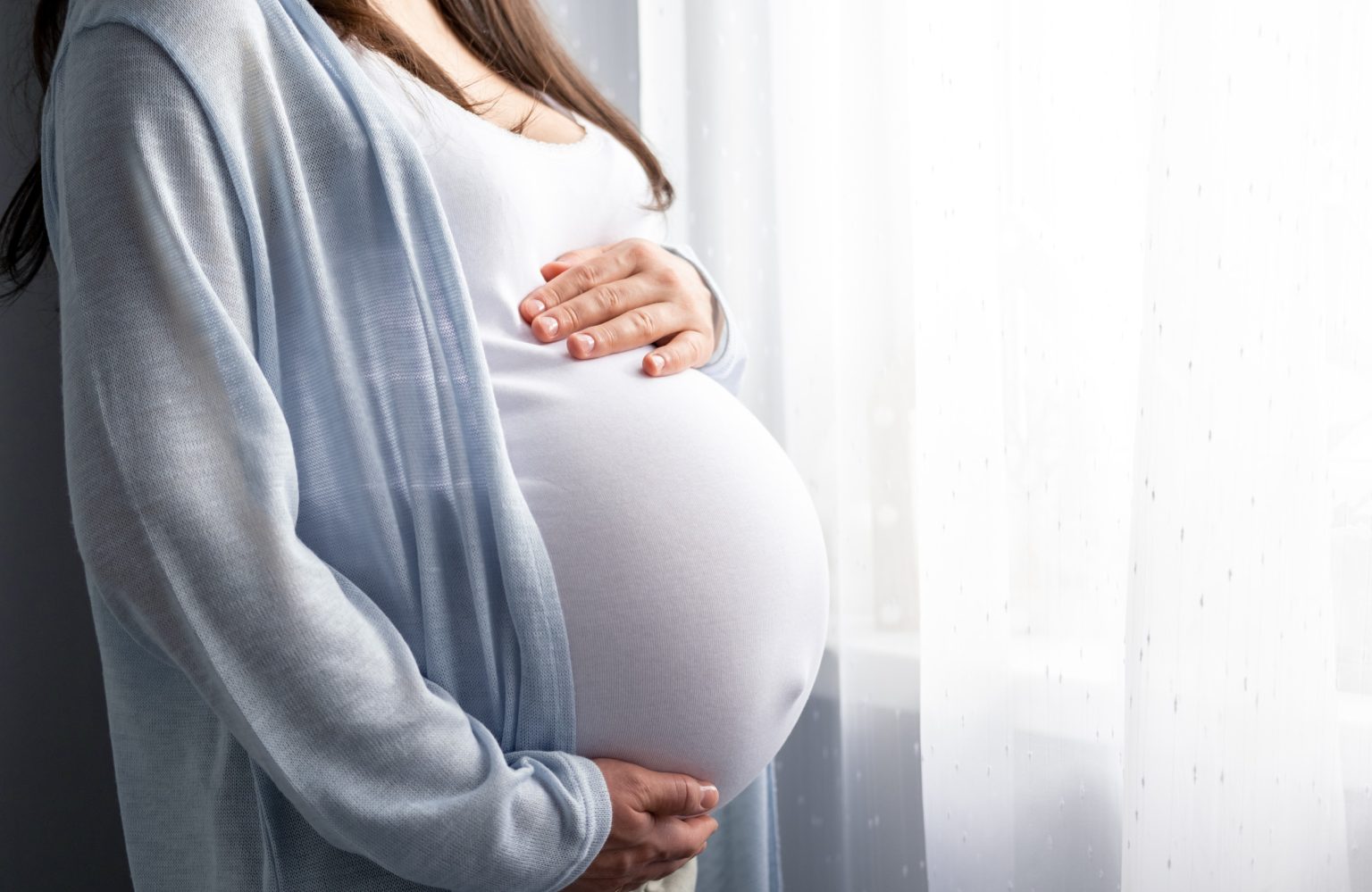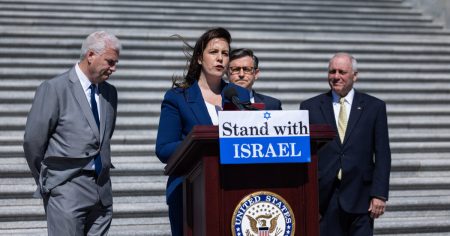In 2023, the United States experienced historically low birth rates, with only around 3.6 million babies born to parents. This marks the lowest number of births since 1979, with a total fertility rate of 1.62 births per woman. The states with the highest number of births were Texas, California, Florida, and New York, while Vermont and Wyoming reported the lowest number of births.
The decrease in birth rates in 2023 is part of a trend that has been consistent over the past decade. There was a slight increase in birth rates from 2020 to 2021, but overall, the rate has been steadily declining by 2 percent annually from 2014 to 2020. Several factors are contributing to this decline, including economic, educational, and societal pressures that make raising a child challenging and expensive. Additionally, global issues such as climate change, the pandemic, gun violence, drug addiction, and political divisiveness are also influencing people’s decision to have children.
A recent poll conducted for Newsweek found that almost half of young Americans are not inclined to have a baby, both now and in the future. Among 18 to 24-year-olds, 48 percent do not plan on having children, while 61 percent of 25 to 34-year-olds also do not intend to have children. Despite the declining birth rates, many Americans are not concerned about the trend, with 42 percent saying they are “not at all concerned” about falling birth rates.
Sociologist Dr. Marika Lindholm, founder of Empowering Solo Moms Everywhere (ESME), highlights the various factors that are influencing people’s decision to have children. As women achieve higher education and face challenges in the labor market, the idea of having a large family becomes increasingly undesirable. Issues such as lack of affordable childcare, expectations around extracurricular activities, and education all contribute to the difficulty and expense of raising a child. The array of challenges facing society today, including climate change, the pandemic, and mental health issues, also play a role in fewer people wanting to have children.
The declining birth rates in the United States reflect a broader trend of changing attitudes towards parenthood, with many young Americans opting not to have children due to a variety of reasons. As the population grapples with economic, educational, and societal pressures, as well as global issues, the decision to have children is becoming a more complex and challenging one. Despite the concerns over falling birth rates, many Americans are not overly worried about the trend and are adapting to the changing dynamics of family planning in the 21st century.















